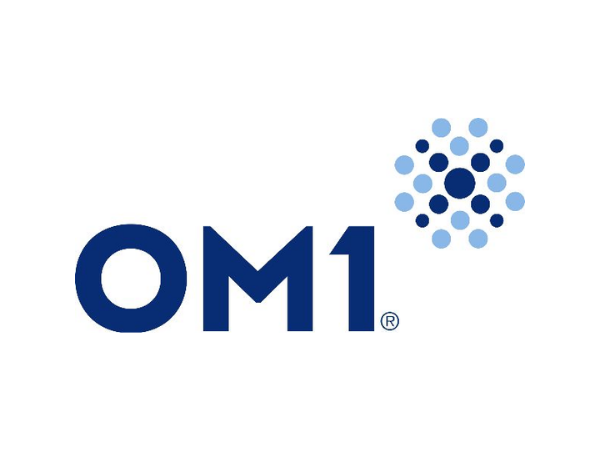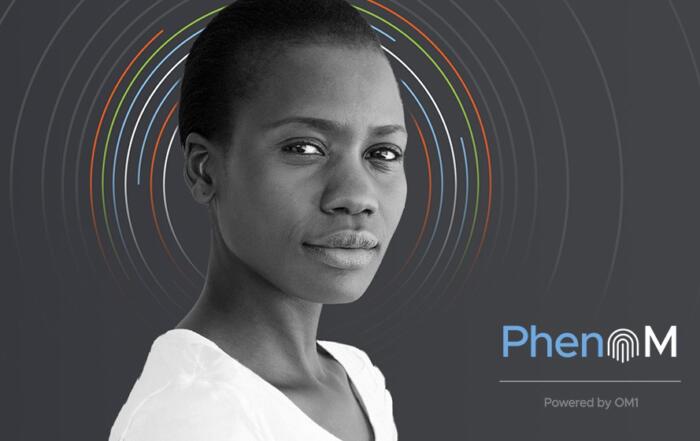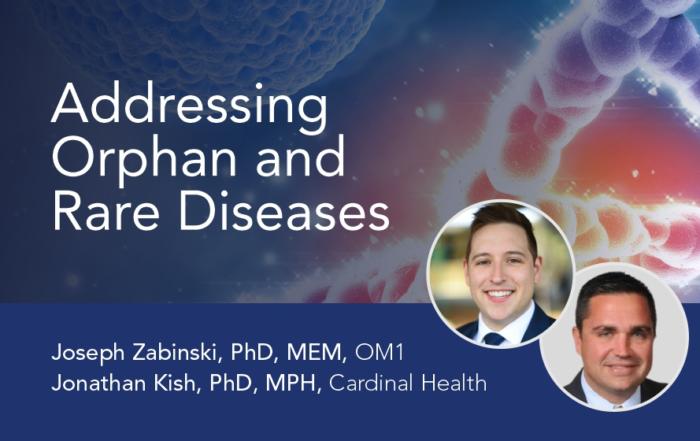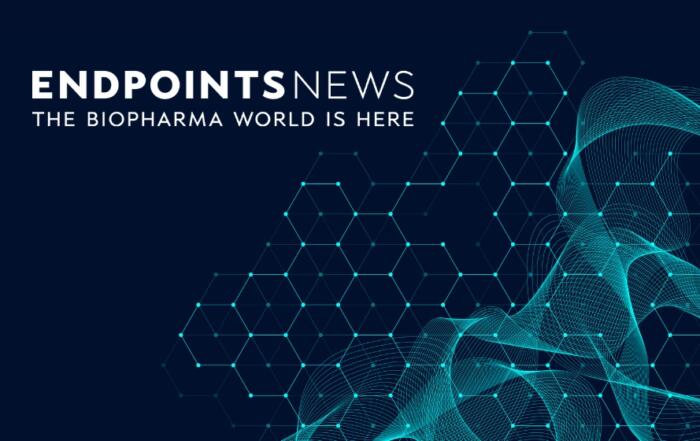In this webinar, Dr. Joseph Zabinski will discuss the digital phenotyping process and several concrete applications to demonstrate how AI can add value to analyses of the patient journey across the life sciences spectrum.
Real-world data provide insight into patient journeys, including around diagnosis, progression, and treatment. These insights are limited by what’s available in the data, and traditional techniques can leave key questions unanswered: the true size of a population of interest including those diagnosed and undiagnosed, for example, or whether particular patients are at higher risk of disease progression and need earlier treatment. Using applied AI, we can gain insight into these open questions. AI-powered Digital phenotyping uses real-world data to isolate ‘fingerprints’ – patterns of information shared by patients with a characteristic of interest – that we can use to better identify and understand key patient subgroups.
Key Topics Include:
- Demystify AI and demonstrate its application alongside other methods of real-world data analysis
- Understand how AI can be applied to real-world data to create digital ‘phenotypes’ for target patient groups
- Review examples of digital phenotyping adding insight to patient journey analyses inaccessible through other means
- Evaluate the utility of digital phenotyping for answering questions around diagnosis, progression, and treatment
- Categories: Artificial Intelligence, Health Databases, Medical Affairs, Patient Outcomes & Engagement, Real World Evidence
- Tags: artificial intelligence, data analysis, diagnostics, digital phenotyping, patient management, patient outcomes, real world data, real world evidence
Presenters
Joseph Zabinski, PhD, MEM
VP, Head of Commercial Strategy & AI
OM1
Production Partner
OM1
Additional Content From OM1
Improving Patient Outcomes: AI-Based Phenotyping for Diagnosis, Treatment, and Clinical Trials
Cutting Edge Conversations: Addressing Orphan and Rare Diseases
Related Content
Synthesise RWE and AI. Transform patient-driven healthcare
Transforming clinical research: Scaling real-world data across diseases with expert-led AI
Clinical Trial Innovation: How Healthcare Technology is Evolving
Having issues registering with our form? Please Register Here






